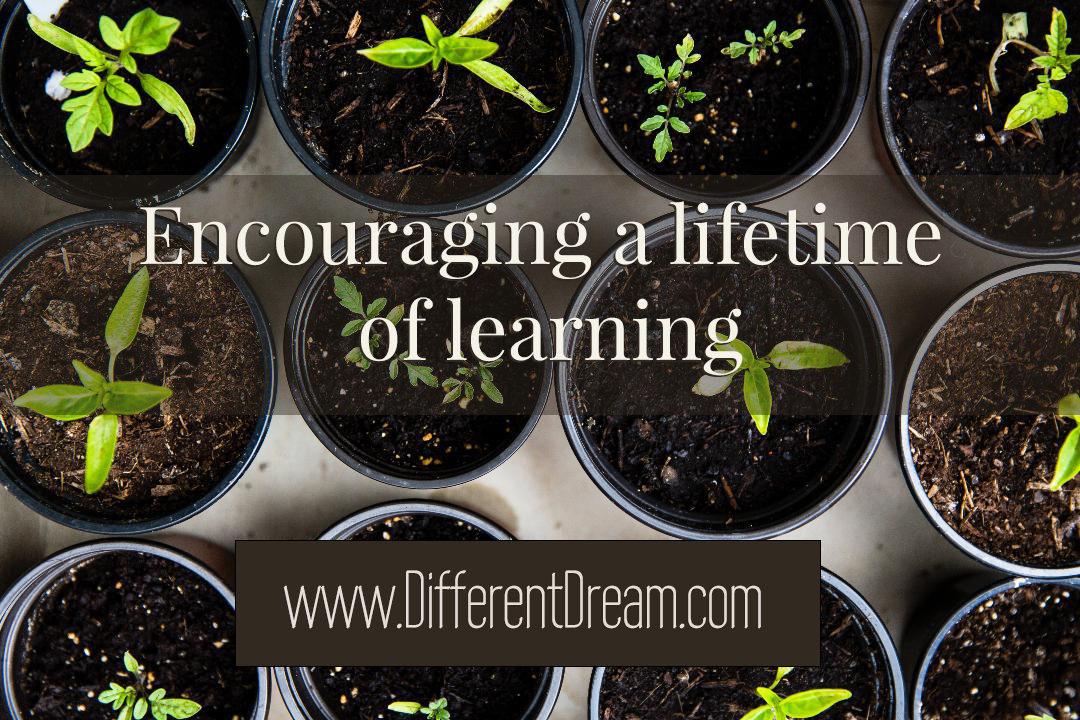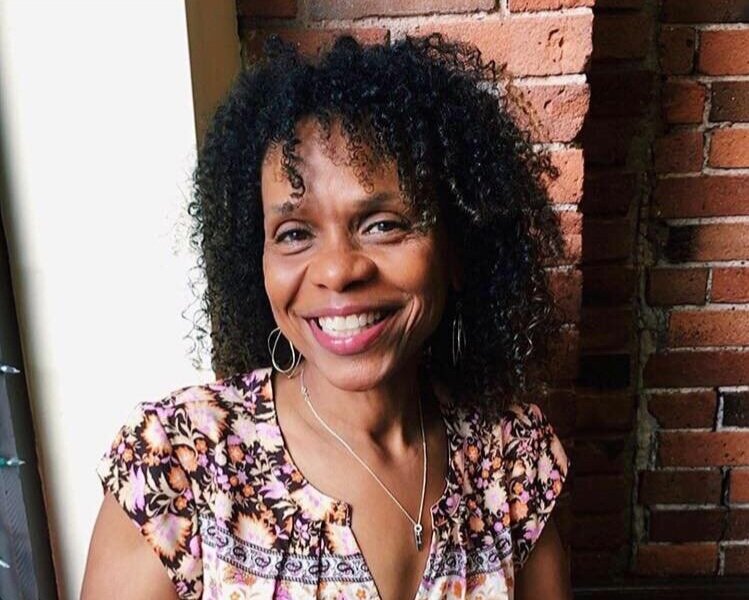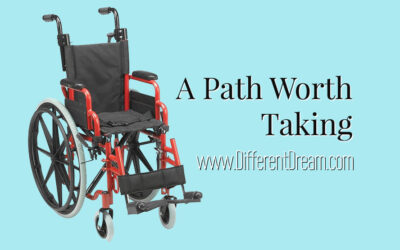Setting Goals for Adult Children with Disabilities Matters

Setting goals for adult children with disabilities matters to Sandy Ramsey-Trayvick. When she and her husband approached the program director who works with their son Myles about setting goals for 2023, the coordinator was excited. In this post she explains why goal-setting matters to her, her husband, the support coordinator, and God.
When my son was a child, we relied on the special education system to provide the opportunities and resources for his continued growth and development. By law, this system required that measurable goals be developed annually, and that the goods and services needed to meet those goals also be supplied. As imperfect as that system may have been, I could be assured that my son’s progress was front and center for everyone on his team.
I was surprised and disappointed to learn that, after the age of 21, that goal-directed system is replaced by one in which progress is no longer required or objectively measured for adults with intellectual or developmental disabilities. According to my son’s support coordinator, the belief is that, after age 25, adults with intellectual or developmental disabilities have maxed out their ability to learn.
I couldn’t disagree more.
I believe God has a plan for my son, just like He has for all of us. And as a progressive God, I believe His plan for each of us includes His intention that we continue to grow into the best version of ourselves, whatever that may be.
God confirmed this with me recently.
He reminded both my husband and me that He has plans for Myles. Plans that were bigger than what we currently had in place or envisioned for the future. We felt convicted by this challenge from the Lord to think bigger for our son, to develop with God a vision for Myles’ life. We felt compelled to set bigger goals, both short and long term.
In a meeting with Myles’ support coordinator and the director of his day habilitation program, my husband and I shared some of our dreams for Myles as well as the role we hoped the day program would play in partnering with us for Myles’ continued growth. Much to our surprise, the director of the program was excited about our mindset and request. He revealed to us his belief that far too many parents were disengaged––having neither goals nor a vision for their adult children with disabilities. Many were merely looking for others to decide what their children’s futures would look like. They don’t yet know that setting goals for adult children with disabilities can make a difference.
Fortunately, for those of us who are followers of Christ, that doesn’t have to be the case. We have God’s promise for our kids that He has good plan for each of them and we have the wisdom of the Holy Spirit and the grace of God to help us help our kids continue to grow.
My husband and I want Myles to fulfill God’s plan for His life.
We want to partner with God, utilizing the resources and wisdom He provides, to help Myles continue to develop into the best version of himself. To continue becoming who God has called him to be, doing the things God has planned for him. That means that, as the new year approaches, I’ll be seeking God for His 2023 goals for my son.
Do you like what you see at DifferentDream.com? You can receive more great content by subscribing to the monthly Different Dream newsletter and signing up for the daily RSS feed delivered to your email.

By Sandy Ramsey-Trayvick
Sandy and her husband are parents to three young adult children. Their son was diagnosed with multiple disabilities 21 years ago after a devastating illness as a toddler. Following her son’s diagnosis, Sandy quit her job to become his full-time caregiver and advocate.
Sandy is currently a Certified Professional Coach. Her focus is to come alongside other special needs parents, helping them to recognize choices that will enable them to reclaim freedom, renew purpose, and reactivate joy.
You can learn more about Sandy, her work and her blog at www.UNDisabledLIVES.org. You can also reach her at Sandy@UNDisabledLIVES.org.
Subscribe for Updates from Jolene
Related Posts
A Little Boy, a Little Wheelchair, and a Big Lesson about Servanthood
Guest blogger Steve Harris explains his life with a little boy, a little wheelchair, and a big lesson in servanthood.
Whole in the Sight of God
Guest blogger and award-winning musician Steve Siler explains the roots of his song, “Whole in the Sight of God.”
Experiencing Post-Traumatic Growth while Raising a Child with Disabilities
Jolene explains the benefits of experiencing post-traumatic growth while raising a child with disabilities.






0 Comments